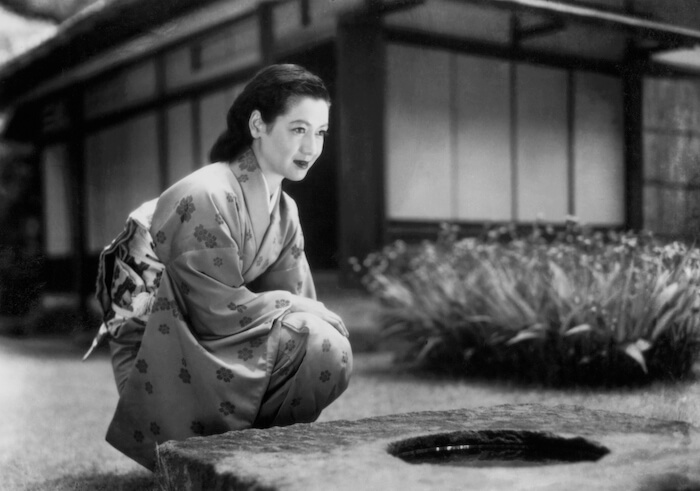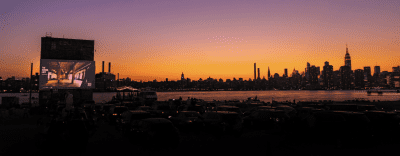The Best Old Movies on a Big Screen This Week: NYC Repertory Cinema Picks, March 2-8

Courtesy Film Forum, via Janus Films.
Late Spring (1949)
Directed by Yasujiro Ozu
Late Spring was the third film Ozu made after the end of World War II, but in many ways it is the blueprint for that era. Not only is it his first with Setsuko Hara, who would star in many of his greatest achievements, but also is a structural reversal of his early films: where Ozu’s silent films and early talkies would establish conflict and then develop through a series of episodes, Late Spring plots a number of stories before they converge and form a central conflict, resulting in a less polemical, somewhat enigmatic film.
By 1949, Ozu’s “one shot per idea” ethos had been cemented, and the steadfastness with which he adheres to it in Late Spring instills every narrative ellipsis with significance, be it a heavily referenced but unseen visit to an art museum or a lingering shot of a train platform that never reveals the train. What emerges is a film about characters and attitudes rather than events, achieved largely by Hara and the rest of Ozu’s cast. While the master is often said to have deliberately over-rehearsed and micromanaged the feeling out of his actors (not unlike Robert Bresson after him), Late Spring is a testament to the power of perfectly calculated gestures and movements, one so fascinating that it is easy to forget to cry until the very end. Forrest Cardamenis (March 4-10 at Film Forum; showtimes daily)
You might also like 



















